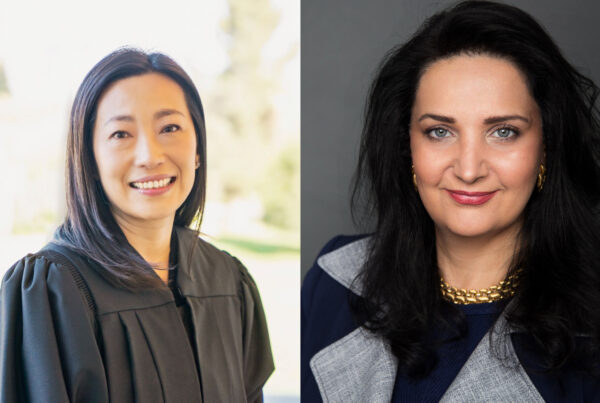Riverside Superior Court ran out of time to try 1,800 criminal cases, and consequently dismissed them. San Bernardino Superior Court has not dismissed any cases for lack of time.
Both counties have too many judge vacancies and insufficient state funding. And San Bernardino Superior Court has a pandemic-caused felony case backlog nearly twice as high as Riverside’s.
It’s not that San Bernardino processed all their cases on time. They determined they had good cause to postpone their deadlines.
California’s Speedy Trial Law, which Riverside Superior cites as the legal cause for their case dismissals, requires criminal trials to be held within 60 days, or later,








